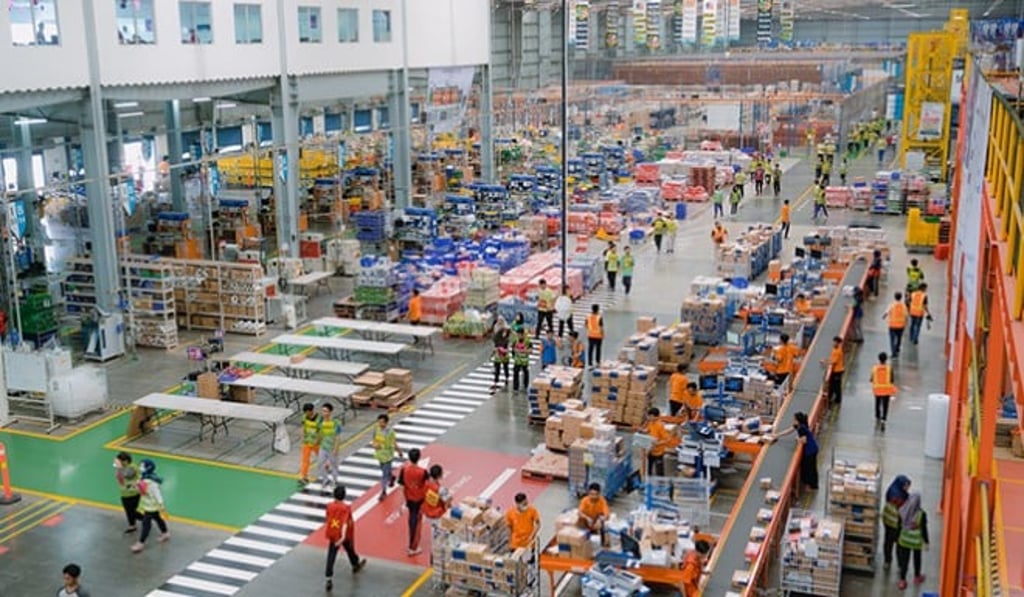Ecommerce powers businesses in Indonesia’s fast-growing digital economy

[Sponsored Article]
This year, the Indonesian government has set out to accelerate the digital transformation in the country. With the principles of ‘connecting the unconnected’ and ‘leaving no-one behind’, the digital transformation is expected to shape Indonesia as a forward-thinking nation that can compete in a global stage. Businesses, especially small enterprises, are amongst those that must digitalise to capture new opportunities and growth in the future economy. With the nation’s surging Internet penetration rate and the rapid adoption of smartphones, the value of Indonesia's digital economy in 2025 is estimated to reach USD124 billion.

In a recent study published by Lazada, Accelerating Indonesia’s Digital Economy through eCommerce, it is clear a significant number of Micro, Small and Medium Enterprises (MSMEs) have yet to fully participate in and benefit from Indonesia’s rapidly growing digital economy. 90 per cent of large corporations have shifted from analogue to digitised systems, but only 13 per cent of MSMEs have begun integrating technology into their operations. Advisory firm YCP Solidiance was commissioned to conduct the study with the support of the Indonesian eCommerce Association (iDEA).
The need to rectify this digitalisation shortfall is especially pressing because MSMEs are the backbone of Indonesia’s economy, accounting for more than 98 per cent of registered companies. In 2019, these small but powerful businesses contributed more than US$1,055 billion – or 58 per cent – of Indonesia’s GDP and provided jobs for 85 per cent of its working population. With eCommerce’s potential growth trajectory, the right policy and execution, eCommerce will help build a more inclusive and sustainable digital economy for Indonesia.
While more than 80 per cent of the survey’s MSME respondents acknowledge that embracing online technology is important, many businesses face such roadblocks on the path to digitalising as lack of access to digital infrastructure, financing and technology know-how. All these are reinforced by a reluctance to change.
